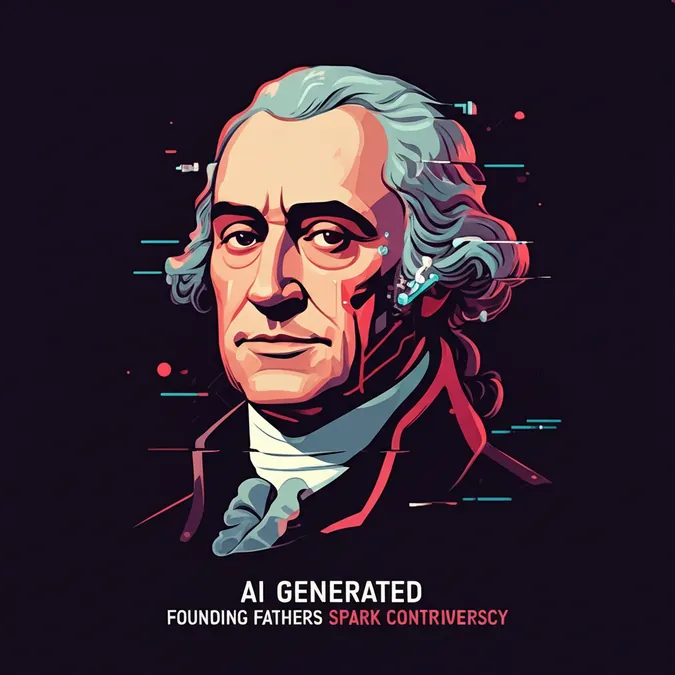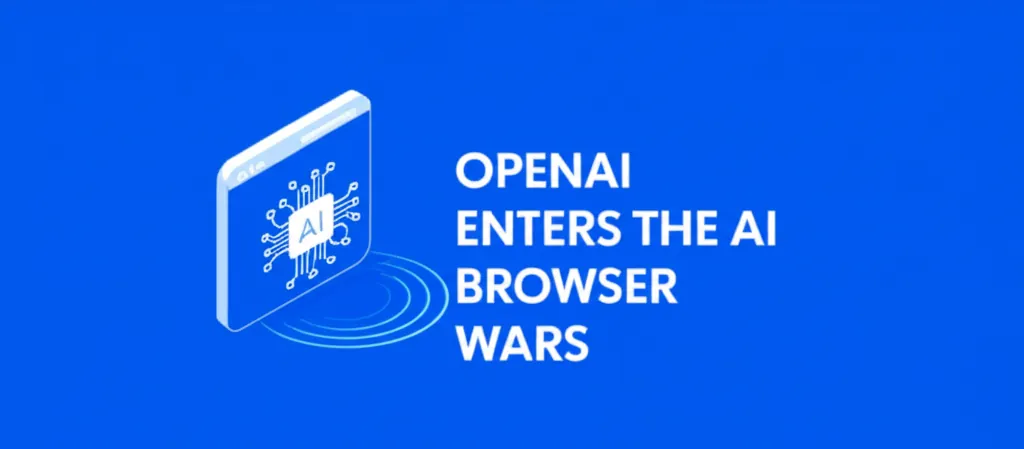Developer Offer
Try ImaginePro API with 50 Free Credits
Build and ship AI-powered visuals with Midjourney, Flux, and more — free credits refresh every month.
How AI is Shaping The Future Of Movie Awards
An AI Scandal Shakes the Awards Circuit
The start of the year saw an awards campaign for Brady Corbet’s film The Brutalist hit an unexpected snag over a very modern controversy: its use of generative artificial intelligence. The film's editor revealed that some Hungarian dialogue spoken by stars Felicity Jones and Adrien Brody was refined using Respeecher, an AI voice generation software.
While the changes were minor, the idea that AI was used to alter performances was unsettling for many. It raised pressing questions across the industry: Where else is AI being used undetected? And how can anyone, from an average moviegoer to an awards voter, tell where human artistry stops and AI begins?
Hollywood Divided Lawsuits vs Innovation
These questions are at the heart of an intense debate about AI's role in film, a future that feels both inevitable and threatening to industry professionals. The battle lines are being drawn. Major studios like Disney and Universal are taking legal action, suing the AI image generator Midjourney for alleged copyright infringement.
However, others are embracing the technology with open arms. “It feels here what the beginning of Pixar must have felt like,” Natasha Lyonne told The Hollywood Reporter about her new AI entertainment startup, Asteria. “Everyone is in the Imagineering phase—very blue-sky, very inspiring, all trying to crack the code.”
Guilds Grapple with New AI Rules
Amid this rapid change, Hollywood's artisans and the guilds that represent them are trying to figure out what comes next. Each organization, from SAG-AFTRA to the Visual Effects Society, is trying to draw a line in the sand, and their awards are becoming a key battleground.
Following the controversy around The Brutalist, the Motion Picture Sound Editors (MPSE) made a decisive move: any project using generative AI for sound creation is ineligible for their 2025 awards. Interestingly, another film that used Respeecher, Emilia Pérez, had previously won an MPSE award. MPSE President David Barber calls the new rule a necessary “pause.” He explains, “We are here to champion the tools that make people better artists—and not to champion the tools that facilitate the imitation of artistic creation.”
Other guilds are in a more difficult position. The 2023 SAG-AFTRA strike was partly driven by the inability to properly address AI with major studios, an issue too complex to solve quickly while workers needed to return to their jobs. They are waiting on legislation that doesn't yet exist.
In stark contrast, the Visual Effects Society (VES) has a more relaxed policy. The VES Awards require no mandatory disclosure of AI tools, only a declaration of no copyright violations. Board Chair Kim Davidson notes that AI, in the form of machine learning, has been part of visual effects for years in processes like de-aging and rotoscoping. He points out the historical parallel of Tron being disqualified from the 1983 Oscars for “cheating” by using computers. “It’d be a Herculean task to decide what constitutes fair use of AI,” says Davidson. “Sometimes they’re using tools they don’t even know are powered by AI.”
The Academy Weighs In On Hollywoods AI Future
Not everyone is ready to draw a hard line. The Academy of Motion Picture Arts and Sciences, which hosts the Oscars, is taking a more measured approach. It recently surveyed its 10,500 members for their thoughts on AI. An inside source says the goal is member education, not to stoke fear. The Academy isn't currently banning generative AI but does include an optional AI disclosure form with every submission.
The thinking is that the conversation needs to be nuanced. According to the source, the Academy would likely only step in to deem a project ineligible if “there was no one hired to do the work, that it’s not a human individual.”
While many are anxious, others in the Academy are excited by AI’s potential. “They look at it just like how talkies came into movies, the advent of television, even the breakdown of the studio system,” says the source. To them, “this is just another part of the history of Hollywood. It’s not the end of Hollywood.” For now, the industry is holding its breath, attempting to steer a technological wave that seems all but unstoppable.
Compare Plans & Pricing
Find the plan that matches your workload and unlock full access to ImaginePro.
| Plan | Price | Highlights |
|---|---|---|
| Standard | $8 / month |
|
| Premium | $20 / month |
|
Need custom terms? Talk to us to tailor credits, rate limits, or deployment options.
View All Pricing Details

